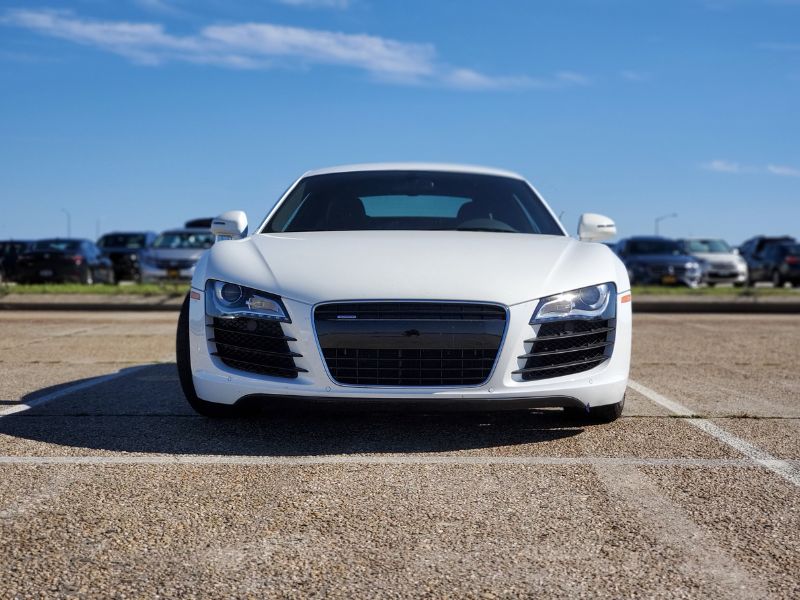The Audi Q7 3.0 TDI 272 Quattro S Line and the Volvo XC90 D5 AWD Inscription are two popular luxury SUVs offering various features and benefits. However, there are also some critical differences between the two cars that may influence your decision.
Audi Q7 Vs Volvo XC90
Driving Experience
In terms of driving, the Q7 and the XC90 offer a smooth and comfortable ride. The Q7 is equipped with Audi’s Quattro all-wheel-drive system, which provides excellent traction and stability on various road surfaces. The XC90, on the other hand, is equipped with Volvo’s all-wheel-drive system, which is also capable of providing excellent traction and stability.
Performance
In terms of performance, the Q7 and the XC90 are equipped with powerful engines that provide good acceleration and towing capacity. The Q7 is powered by a 3.0-litre V6 diesel engine that produces 272 horsepower, while the XC90 is powered by a 2.0-litre four-cylinder diesel engine that produces 232 horsepower. Both cars offer good handling and refinement, with smooth and responsive steering and suspension systems.
Interior
The Q7 and the XC90 offer spacious and well-appointed cabins in terms of interiors. The Q7 has a modern and stylish interior with high-quality materials and finishes. The XC90 has a more traditional and upscale interior, focusing on comfort and luxury. Both cars offer a comfortable driving position and good visibility and are equipped with many practical features such as power seats and climate control.
Costs
In terms of buying and owning, both the Q7 and the XC90 are relatively expensive cars, with the Q7 starting at around £56,000 and the XC90 starting at about £49,000. However, both vehicles are well-equipped, with a range of standard features such as navigation and infotainment systems. Regarding reliability and safety, both cars have excellent reputations and are equipped with various advanced safety features.
Fuel Economy
In terms of fuel economy, the Q7 and the XC90 are both equipped with powerful engines that provide good acceleration and towing capacity. However, the Q7 is more fuel-efficient than the XC90. The Q7 is powered by a 3.0-litre V6 diesel engine rated at 31.7 mpg, while the XC90 is powered by a 2.0-litre four-cylinder diesel engine rated at 36.7 mpg. This means that the Q7 will require more frequent fill-ups and will be more expensive to operate over the long term.
Maintenance Costs
In terms of the maintenance cost, the Q7 and the XC90 are relatively expensive cars that require regular servicing and maintenance. The Q7 is more costly to maintain than the XC90, with average annual maintenance costs of around £600. The XC90, on the other hand, has an average yearly maintenance cost of about £500. This means that the XC90 is more affordable to maintain over the long term.
Final Thoughts
Overall, while both the Audi Q7 and the Volvo XC90 are high-quality luxury SUVs that offer a range of features and benefits, the Q7 is less fuel-efficient and more expensive to maintain than the XC90. This may be an essential consideration.

